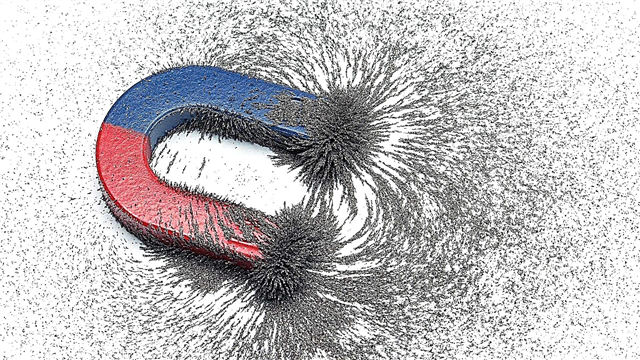
Scientists working at the Institute of Physiology claim that wireless internet has a negative effect on the eating behavior of bees. All data was published in a journal called Entomological Review.
Wi-Fi Bee Experiments
For 2 years in the laboratory of the Institute named after I.P. Pavlova conducted a study. Its essence was to observe the effect of radiation from an ordinary router on the actions of bees during the feeding period. In the process of studying was considered:
- Nutritional motivation of insects;
- Preservation in bees of the conditioned reflex of eating food;
- Reaction to insect odors in short-term memory;
- Bee smell response in long-term memory.
Scientists conducted experiments. For this, several groups of bees were involved. It included insects that were not exposed to any effects of the router. It was called intact.
Bees were placed in a device called a Faraday cage. This is a box made of metal mesh. There was already a working router that works on insects.

Bees were launched into a cage, which was located under the very ceiling. She was standing on a shelf. The router was turned on. Bees were exposed for 2, 4, 6, and 24 hours.
The essence of the experiment
The experiment was carried out in stages. Initially, the researchers tested the nutritional activity of bees. To do this, a little sugar syrup was dripped onto the paws where the taste receptors are located. Sweetness contributed to the launch of the unconditioned reflex, which caused the proboscis to stretch.
Then scientists began to develop a conditioned food reflex to aroma. The bees were fed a drop of syrup with the smell of cloves. This smell was a conditional signal that they will feed. Insects pulled out their proboscis and ate syrup.
In order to check whether the insect remembered the connection between aroma and food, water with the smell of cloves was brought to the antennae of the bees. Insects that remember the aroma began to extend their proboscis towards the source of the smell.
To test short-term memory, clove-flavored water was brought in a minute later, and for long-term memory, 3 hours after training was carried out.
Experiment Results
According to the results of the experiment, a difference was found between bees exposed to the radiation of the router and not exposed to radiation. The influence of Wi-Fi during the day caused a decrease in the food motivation of insects. Also short-term food memory in bees. But the long-term memory on the contrary has improved.
From the foregoing, it is concluded that exposure to electromagnetic frequencies can worsen the food-producing and pollination activity of honey bees.
Previously, scientists proved that the brain of animals is the most sensitive to the effects of electromagnetic waves. Magnetic radiation can disrupt the neural membrane, which subsequently leads to a stress response.












